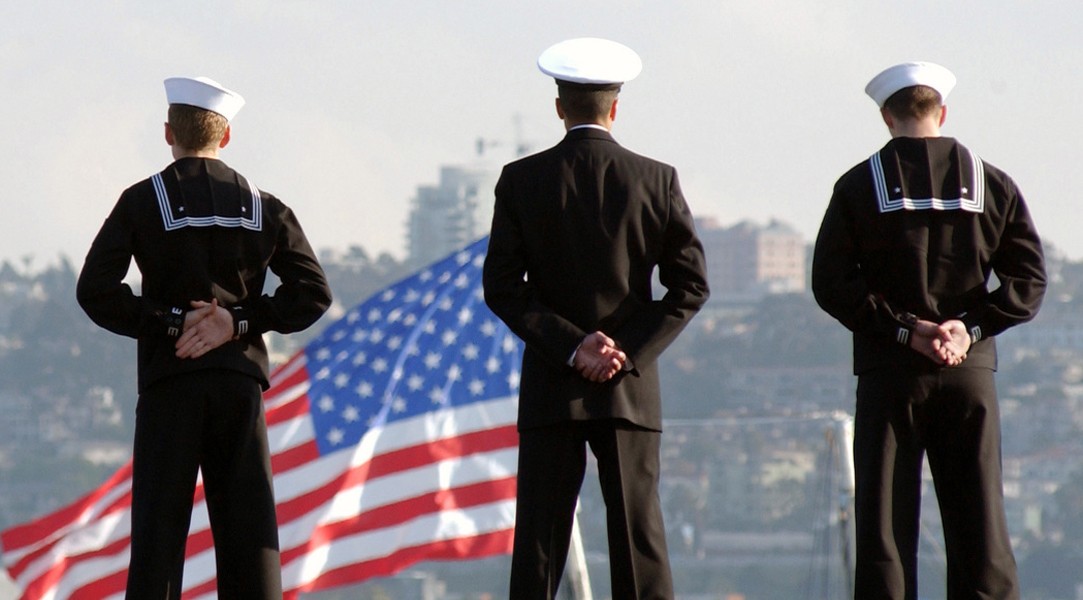WOUNDED TROOPS REPORT RELIEF FROM HYPERBARIC OXYGEN THERAPY
DOD IS WAITING FOR RESULTS FROM STUDIES BEFORE ENDORSING IT
Retired Army Sgt. Margaux Vair believes breathing pure oxygen in a pressurized chamber eased the manifestations of her brain injury — migraines, memory loss and facial paralysis.
Vair, a military policewoman, was on deployment in Iraq in 2006 when her Humvee struck a roadside bomb, smashing herhead against the turret and briefly knocking her out. Three days later, she returned to duty and served three more months — until her vehicle rolled over another bomb.
“That’s when the nerve problems started,” she said. “I don’t know when the headaches began.”
Today, the Kent, Ohio, resident shows little evidence of paralysis and the headaches have faded — improvements she attributes to treatment in a hyperbaric chamber, the same pressurized units used for healing scuba divers with the bends.
A growing body of anecdotal evidence appears to indicate that hyperbaric oxygen therapy, or HBOT, helps patients with traumatic brain injury and posttraumatic stress disorder.
But the Pentagon wants peer reviewed, scientific evidence before it will endorse HBOT for troops with head injuries or mental health issues.
HBOT is approved to treat 14 medical conditions, including the bends, soft-tissue injuries, acute burns and carbon monoxide poisoning, according to the Hyperbaric and Undersea Medical Association.
Oxygen delivered under pressure also is known to improve the effects of some antibiotics, stimulate white blood cells to fight infection and promote the healing process.
However, oxygen isn’t officially recommended for treating head injuries and military leaders say they aren’t going to rush to use it for that purpose before it’s vetted.
“We need to base therapies on objective clinical data that cannot be influenced by opinions of people who have benefited,” former Navy Surgeon General Vice Adm. Adam Robinson told Congress in March.
Two Defense Department-led studies are looking at the effects of HBOT on troops with TBI: an Air Force study initiated in 2008 in San Antonio that was expected to produce preliminary results in 2010; and a two-year, $20 million Army-led study that was to begin in January 2010 at four military medical centers across the nation.
The Air Force study results have yet to be published and the Army study began in October — a snail’s pace that has HBOT advocates frustrated. “We’ve got an epidemic here … and we’re not giving them the treatment they deserve,” said retired Brig. Gen. Stephen Xenakis, a former Army Medical Corps officer now on the staff of a Bethesda, Md., hyperbaric oxygen clinic.
There is no standard regimen for TBI, but many practitioners conduct 40 treatments, called “dives,” at 1.5 atmospheres of pressure, roughly equivalent to an hour-long scuba trip 33 feet below sea level Vair said she had 40 dives, followed by 40 more, and by her 60th treatment, no longer needed medication like Topamax for migraines and Tramadol for pain. “I wish I had a dive chamber in my basement,” she said.
The Pentagon has encouraged troops with TBI and PTSD to volunteer for its studies, and the services have also referred them to HBOT researcher Paul Harch at Louisiana State University, Vair’s doctor.
“The sooner these studies are completed, the sooner the optimal hyperbaric treatment regime, if any, can be determined,” said Dr. George Wolf, a researcher with the Air Force School of Aerospace Medicine. Wolf declined to disclose his study’s preliminary results but indicated some subjects showed improvement without side effects.
Meanwhile, HBOT enthusiasts are pressuring Congress. Linda Cope, whose son Joshua lost both legs in a bomb blast in Iraq in 2006, spoke at an advocacy forum in Arlington, Va., in November. “Something needs to be done for these people to be whole again,” she said. “I thank God for the Hyperbarics. Without it, I don’t know where my son would be.”
###
Special thanks to Military Times for allowing the re-post of this article.
By Patricia Kime
pkime@militarytimes.com


